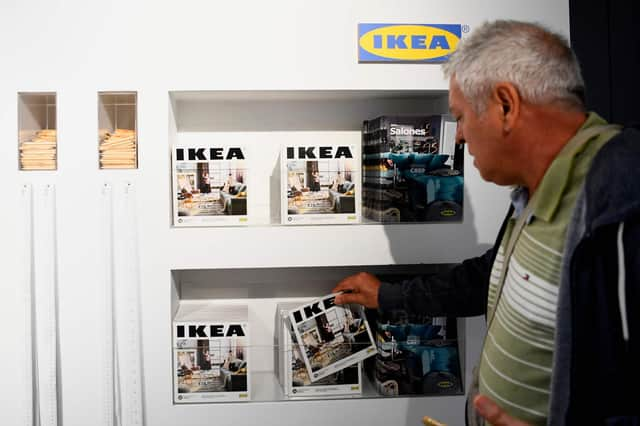Digital exclusion must not mean exclusion from society – Scotsman comment


So the news that this global success story is to stop producing its famous catalogue because of the move to online shopping is yet another sign of the inexorable advance of the digital revolution, a process given a sudden injection of speed by the coronavirus pandemic.
It is, of course, entirely a matter for Ikea, or indeed any company, how it chooses to do business. The ‘free’ market is precisely that.
Advertisement
Hide AdAdvertisement
Hide AdHowever, as more and more goods and services move online, the problem of digital exclusion will only increase.
While most of us have internet access, there are those without it such as people who cannot afford a computer or smartphone and elderly people who do not feel confident in navigating what to them may be unfamiliar pitfalls posed by various online fraudsters, hackers, malware and the like.
And this needs to be kept in mind by politicians and civil servants, particularly over the provision of public services – everything from access to the NHS to a public consultation on potholes by a local authority.
However small a minority the digitally excluded are, they are still citizens of this country with a right to the same services as anyone else and they should not be continually forced to seek help from neighbours, relatives and friends in order to fill in a form that is only available in the virtual world. The real world is still the most important one.
Eventually, we might expect that no one will be without internet access which may become as commonplace as the supply of clean water is today.
But, until that time comes, we need to manage this extraordinary technological revolution – which, despite some teething problems, is surely helping to move us towards a brighter future – to ensure it goes as smoothly as possible and that everyone is included, not excluded, and has a place in our society.
A message from the Editor:
Thank you for reading this article. We're more reliant on your support than ever as the shift in consumer habits brought about by coronavirus impacts our advertisers.
If you haven't already, please consider supporting our trusted, fact-checked journalism by taking out a digital subscription.
Comments
Want to join the conversation? Please or to comment on this article.
